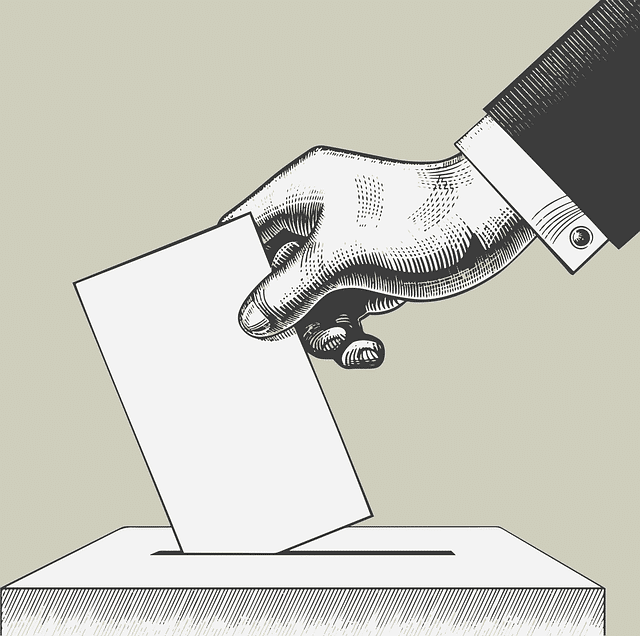“Democracy itself may be at stake!” is one of the claims in the uncivil and sometimes vicious run-up to the mid-term elections that make it hard to remember that our political system and our form of government had their beginnings in the church.
A population whose concept of history has been molded by the internet, a social media controlled by “woke” corporate executives, and a school system embedded with critical race theory may not realize it, but:
Voting for those who would govern the first permanent settlements of Europeans in what is now the United States was democratic among the men who were members of the Pilgrim and Puritan churches whose followers founded the Plymouth and Massachusetts Bay colonies in the early 1600s.
Nor may today’s voters — when one in five Democrats now are either atheists or agnostics and only eight percent of white evangelicals are involved in political activity beyond voting, according to a study by Eastern Illinois University political science professor Ryan Burge — realize that it was deeply committed men of faith who represented the 13 colonies who voted a century and a half later to revolt from a repressive English monarchy and establish a republic based on Biblical principles found in the Judeo-Christian faith.
At least 52 of the 56 members of the Second Continental Congress which adopted the Declaration of Independence were ardent churchmen (four had trained for the ministry and one was a pastor) and the other four were considered Deists who, at minimum, believed in God and the Bible.
During the month that body considered the Declaration and throughout the previous year of discussion, there were cries for freedom from the pulpits of many denominations and many prayers for the Lord’s guidance led in formal sessions of the Congress by the chaplain, the Rev, Jacob Duche of Philadelphia’s (Anglican) Christ Church.
At the heart of that Declaration are these familiar words:
“We hold these truths to be self-evident, that all men are created equal, that they are endowed by their Creator with certain unalienable Rights, that among them are life, liberty and the pursuit of happiness.”
For the signers of that Declaration, their Creator was the God of the Bible. He is the one described in the Biblical book of John’s eighth chapter as “the truth who will set you free.”
Some 13 years later, those same religious men adopted the Bill of Rights ensuring, above all else, the free exercise of religion along with the freedom of speech, a free press and the right to peaceably assemble.
They already had approved a Constitution that established our bicameral form of legislative bodies already existing in the organization of the Presbyterian Church, one of the denominations to grow out of the Puritan movement so prominent in the settling of North America by Caucasian people.
Perhaps not surprising since the chairman of the committee which authored the iconic form of government since copied around the world was James Madison, a well-versed Presbyterian.
No less a revolutionary leader than Thomas Paine hailed that document by proclaiming, “…let it be brought forth, placed on the divine law, the Word of God; let a crown be placed thereon, by which the world may know, that so far as we approve of monarchy, that in America the law is king!”
We might hope that those who have or are about to cast ballots would heed the warning from Thomas Jefferson that we remember “the God who gave us liberty. Can the liberties of a nation be secure when we have removed a conviction that these liberties are the gift of God?”

